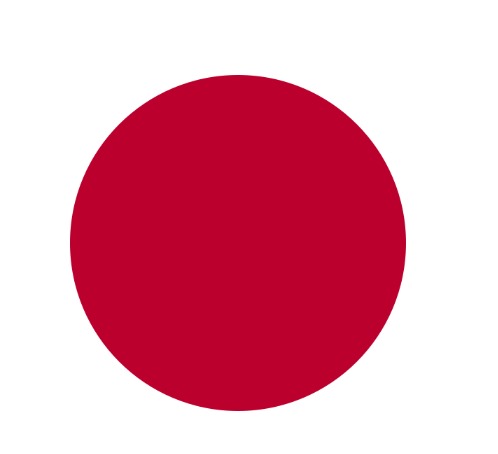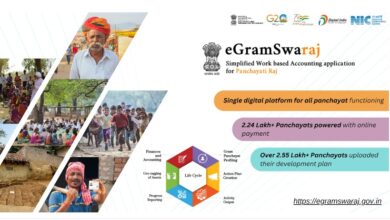Navigating Japan’s Decline: A Strategic Call for National Revival

Japan, once an economic powerhouse, now faces a steady decline in its global standing, with its share of world GDP shrinking to around 4%, and expected to drop to 3% by 2050. The nation, currently the fourth largest economy, will soon be overtaken by India in 2025. ASEAN member states and Indonesia are projected to surpass Japan’s GDP by the 2040s. The days when GDP could define Japan’s national power are fading fast.
In the 1990s, Japan was ranked first in global competitiveness by the International Institute for Management Development (IMD), but today, it has fallen to 38th place globally, trailing among G7 nations, with only Italy ranking lower. This decline highlights a deeper concern about Japan’s decreasing relevance on the world stage.
Several global disruptions, including Russia’s invasion of Ukraine and conflicts in the Middle East, coupled with the intensifying U.S.-China rivalry, have created a chaotic international landscape. Amidst this uncertainty, many nations are leveraging geopolitical intelligence to formulate cohesive policies that integrate diplomacy, security, and economic strategies. In these countries, the government plays a central role, collaborating with private enterprises to carve out successful strategies.
Japan, however, lags behind in this regard. Despite having numerous talented individuals and achieving impressive feats in various sectors, Japan has been unable to capitalize on its national potential due to fragmented cooperation between industry, government, and academia. Historically, Japan maintained an integrated approach called the “convoy system” or goso-sendan hoshiki, which facilitated collaboration across these sectors. However, due to mounting criticism from both domestic and international voices, Japan dismantled this system, and it has struggled to find a new cohesive framework for collaboration ever since.
This lack of strategic unity is accelerating Japan’s decline. In response to this urgent challenge, the Japan Institute of International Affairs (JIIA) has launched the JIIA Platform, a project aimed at revitalizing national policy through collaboration across government, private companies, and academia. The goal is to foster dialogue among Japan’s top thinkers and create a platform for proposing innovative strategies both domestically and internationally.
Central to the JIIA’s vision is the development of a new national strategy that can guide Japan in the face of its shrinking demographic, economic, and other resources. This strategy, the first of its kind to be proposed by a Japanese think tank, will serve as a “compass” for the nation’s future. It aims to identify new sources of national power beyond GDP, focusing on key areas such as diplomacy, security, governance, and economic strength.
While Japan’s National Security Strategy, initially formulated in 2013 and revised in 2022, provides a framework for national defense, the JIIA believes a more comprehensive national strategy is now necessary. By addressing these challenges head-on, Japan can seek to regain its standing on the world stage and secure its future in an increasingly competitive global environment.
Source:
http://www.jiia.or.jp/en/2024/09/03/JIIA%20Platform%20press%20release_ENG.pdf





